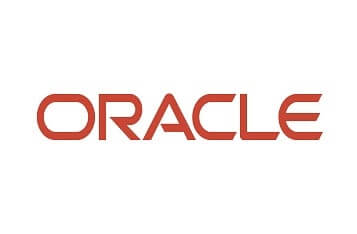Exploring the Boundaries of AI in Creative Domains: Can Machines Match Human Ingenuity?
We delves into the evolving capabilities of AI in creative domains, analyzing whether artificial intelligence can achieve a level of creativity comparable to humans.

Creativity, a trait often deemed uniquely human, is undergoing a renaissance in the age of artificial intelligence (AI). Recently, a research paper titled 'Can AI Be as Creative as Humans?' delved deeply into the exploration of creativity in both humans and artificial intelligence. Historically, creativity has been the backbone of innovation and societal progress. However, with the advent of AI, the boundaries of creativity are being redefined. The research paper "Can AI Be as Creative as Humans?" by a team of experts from prestigious institutions provides a pivotal exploration of this topic.
The paper underscores AI's transformative role in both practical and creative domains. Notably, AI has shown proficiency in solving complex problems, such as drug and protein synthesis, as highlighted by Jumper et al. (2021). But more intriguingly, AI has made strides in artistic pursuits, from composing poetry to crafting narratives, challenging the notion that creativity is an exclusively human domain.
This shift raises fundamental questions about the nature of creativity and AI's role in it. Can AI truly be creative, or is it merely mimicking patterns it has learned? To address this, we must consider AI's current capabilities and limitations. AI systems, especially advanced generative models, have demonstrated the ability to generate novel ideas and concepts. For instance, AI-generated art has gained recognition, with algorithms creating pieces that have been sold in prestigious galleries.
However, creativity is not just about generating novel ideas but also about understanding and connecting with human emotions and experiences. This aspect of creativity, often intertwined with human experiences and subjectivity, poses a challenge for AI. While AI can replicate patterns and styles, its ability to genuinely understand and evoke human emotions is still a subject of debate.
Looking at the broader implications, the integration of AI in creative processes could lead to a new era of innovation. For industries like advertising, entertainment, and design, AI's ability to generate novel ideas rapidly can be a game-changer. It could also democratize creativity, enabling individuals without traditional artistic skills to express themselves creatively through AI tools.
However, this also brings ethical considerations. As AI becomes more prevalent in creative fields, questions about authorship, originality, and the value of human creativity emerge. The balance between human creativity and AI assistance needs careful consideration to ensure that AI augments rather than replaces human ingenuity.
In conclusion, while AI has made significant strides in creative domains, matching the depth and breadth of human creativity remains a complex challenge. The future of AI in creativity is not about replacing human ingenuity but about collaborating and enhancing our creative capabilities, ensuring that AI serves as a tool for expanding, not limiting, human creativity.
Image source: Shutterstock


.jpg)
